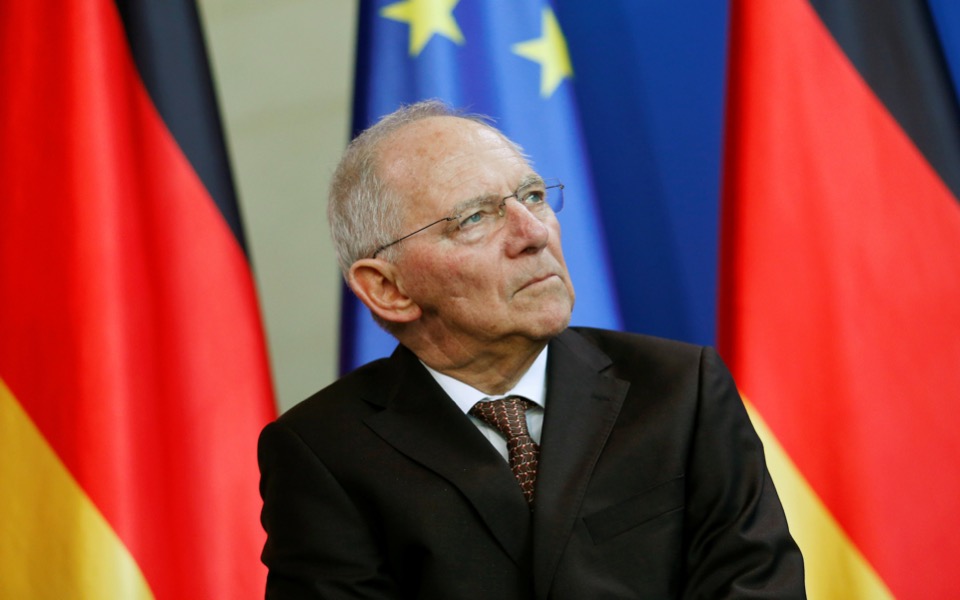Pitfalls and opportunities

In the first half of 2015, Prime Minister Alexis Tsipras and his coalition government came up against an impregnable block of eurozone member states and were forced into a disorderly retreat, much to the relief of the overwhelming majority of Greeks. Today, the situation is substantially different but it is still fluid and full of pitfalls – maybe even more than in the past.
The election of Donald Trump to the US presidency and his views about the euro’s sustainability, in association with his tough stance towards Berlin, are starting to create the feeling that Germany is becoming isolated by the West’s strongest and most prominent power.
In March, British Prime Minister Theresa May will officially begin discussions to take the United Kingdom out of the European Union. Even though European leaders are dealing with this issue with increased and possibly excessive confidence, the tendency for nationalist sentiment to be boosted is visible across the EU. This is a consequence of the fiscal and refugee policies advocated by Berlin.
On one hand, it is logical that the Tsipras administration wants to capitalize on the cracks that are appearing in the European system to achieve the goals it has set for the negotiations over the bailout review. But this is only to be expected up to a point. The elections in the Netherlands are crucial, the vote in France is even more important and the situation that is evolving in Germany ahead of the elections there in the fall is not particularly encouraging for the country’s center-right.
The unknown quantity in all this is Wolfgang Schaeuble. The finance minister of Germany, or – more correctly – the eurozone, is the true representative of the German right. But he is also a politician who has seen his ambitions seriously dashed.
Helmut Kohl ruled him out of the leadership of the Christian Democrats and subsequently the chancellorship, when he chose Angela Merkel as his successor. In turn, Merkel did not propose him for the position of German president. Instead, that honor went to Frank-Walter Steinmeier, who was elected with an overwhelming majority by German MPs and state representatives.
The attacks on Schaeuble from the Social Democrats regarding his stance on Greece and criticism that this is undermining the euro mean that even if the center-right wins the elections he will not continue as finance minister in the next governing coalition, regardless of the fact that he also represents the powerful economic establishment.
This means that Schaeuble may become unpredictable. It is a problem when Greece encounters a strong and united front but it may be a bigger one when this unity becomes fragmented.





